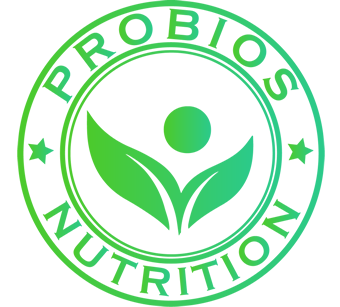The popularity of organic foods has been steadily on the rise, driven by consumers seeking perceived health and environmental advantages. While the scientific research on organic foods continues to evolve, several studies suggest compelling reasons to consider them over conventionally grown counterparts.
Advantages of Organic Food:
Less Pesticide Residue: Organic farming practices generally limit the use of synthetic pesticides and herbicides. Research indicates that organic produce tends to contain lower levels of pesticide residues, potentially reducing health risks associated with pesticide exposure.
Higher Nutrient Content: Some studies suggest that organic foods may boast higher levels of specific nutrients. For instance, a meta-analysis in the British Journal of Nutrition found that organic crops contained elevated concentrations of antioxidants and beneficial compounds. However, more research is needed to validate these findings and their impact on health.
Lower Antibiotic and Hormone Use: In organic animal farming, antibiotics and synthetic hormones are either restricted or prohibited. This approach can mitigate the emergence of antibiotic-resistant bacteria in food and reduce exposure to synthetic hormones prevalent in conventionally raised livestock.
Environmentally Friendly: Organic farming methods prioritize soil health, minimize synthetic chemical inputs, and promote biodiversity. This eco-conscious approach can yield environmental benefits such as reduced soil erosion, improved water quality, and support for pollinators.
Considerations and Warnings:
Costs: Organic food often comes with a higher price tag compared to conventionally grown options. This cost disparity can pose a challenge for budget-conscious consumers, necessitating a careful balance between potential benefits and financial constraints.
Limited Availability and Variety: Organic choices may not be as readily accessible or may offer a narrower selection compared to conventional products. Consumers in regions with limited organic farming may encounter difficulties in sourcing organic food items.
Mixed Scientific Evidence: While some studies highlight advantages, the scientific consensus on the superiority of organic foods remains inconclusive. Differences in nutrient content and health outcomes between organic and conventional foods continue to be subjects of ongoing research and debate.
Foods Where Organic Can Be More Beneficial:
While opting for organic foods generally promotes healthier choices, certain foods are more susceptible to pesticide residues and are often referred to as the “dirty dozen.” According to the Environmental Working Group (EWG), the following foods are frequently recommended for organic consumption due to potential pesticide contamination: strawberries, spinach, celery, nectarines, apples, grapes, peaches, cherries, pears, tomatoes, potatoes.
Making Informed Choices:
The decision between organic and conventionally grown foods involves a blend of personal health objectives, budget considerations, and environmental awareness. While preliminary research suggests the potential benefits of organic foods, the overall landscape remains complex. Further studies are required to fully comprehend the long-term health implications.
For individuals aiming to minimize pesticide exposure, focusing on organic options for the “dirty dozen” and seeking guidance from healthcare professionals for personalized dietary advice can be a practical strategy. Ultimately, the choice between organic and conventional foods should align with individuals






